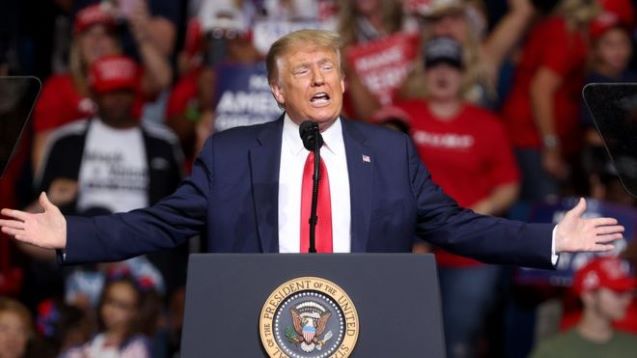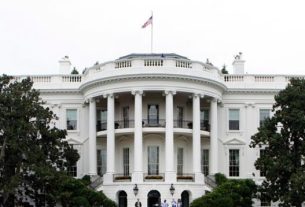Donald Trump’s threats to American democracy get lots of attention. And understandably so. His lies surrounding the 2020 presidential election imperil the American experiment.
But an often-ignored subject likewise threatens our democracy: America’s brutal, inhumane—and disturbingly bipartisan—approach to mass incarceration.
America locks up more people per capita than any other nation. Our criminal-justice system is riddled, top to bottom, with deficiencies—including overburdened public defenders, draconian mandatory minimum sentences, inaccurate jury verdicts, unfair plea bargains, and overcrowded prisons.
Sure, sufficiently funded law enforcement must protect communities and the government should enforce the law. No doubt. The punishments, however, must fit the crimes. America imprisons far too many, for far too long, under conditions far too harsh.
The effects are far-reaching. Mass incarceration doesn’t just harm those in jail. It handicaps former inmates, traumatizes impacted families, disenfranchises millions of citizens, and robs underprivileged communities of potential contributors with vast potential.
The human toll is unconscionable. But mass incarceration is more than a human-rights concern. It threatens all Americans—including the many millions who never bother to think about it. Any country that creates a system harmful to many of its own people and then shamelessly ignores them sows dangerous seeds.
An analogous scenario gave rise to Donald Trump’s presidency. Because of America-led globalization, millions of Americans lost their livelihoods. A vast array of products, like steel and electronics, were produced cheaply overseas and then imported at rock-bottom prices. While globalization lowered prices for consumers generally, the human toll was severe: proud businesses were bankrupted, good families went broke, and strong communities were ravaged.
Yet the very leaders who designed the global economic system ignored those decimated by it. Instead of fairly redistributing wealth to those left behind, inequality rose to stratospheric levels. Instead of training workers to develop new marketable skills, the winners gorged on their spoils.
While globalization’s architects ignored its victims, Donald Trump didn’t. He cultivated them. He spoke to them. He spoke up for them. “We can’t continue to allow China to rape our country, and that’s what they’re doing,” Trump said in Fort Wayne, Indiana during his first presidential campaign in 2016. “We have a lot to overcome in our country,” he said in Dimondale, Michigan during the campaign, “especially the fact that our jobs are being taken away from us and going to other places.”
And Trump’s promise to help was a central part of his platform. “In this new future, millions of workers on the sidelines will return to the workforce,” Trump said at the 2016 Dimondale rally.
The anger and pain resulting from American leaders’ cold indifference to globalization’s human impact created fertile ground for a populist, wannabe demagogue to ascend to the presidency. America is making the same mistake, again, with a pathological approach to mass incarceration. Millions of Americans are injured and vulnerable. Yet their government is ignoring them.
With the right leader, they can be mobilized. And it can happen quickly. In 2015, nobody thought Trump would ever be president. As Chris Cilliza wrote in the Washington Post in June of 2015, Trump’s candidacy “was greeted with something between incredulity (Trump has flirted with running many times before) and amazement (Trump is Trump). The prevailing sentiment seemed to be a collective eye roll and a laugh.” Cilliza then categorically asserted the consensus view: “Donald Trump will never be president. He knows that. We know that.”
Nobody thought Trump could win, until he did.
The struggles of all people ignored by their country have common threads. The steel worker in Pennsylvania without a plant is not unlike the former inmate in Queens without a degree. The opioid overdose in Tulsa is all too similar to the crack overdose in New Orleans. Anger, hurt, and vulnerability cross political, social, and ethnic boundaries. And charismatic populist politicians—who may, or may not, be good for the country as a whole—can mobilize disenfranchised people of all stripes.
The era of overtly racist laws and express legal discrimination in America is over. But it has been replaced by a system of mass incarceration designed by the same class of leaders now indifferent to the havoc it has wrought. This dynamic can only last without broad negative consequences for so long. The only thing worse than being persecuted is being ignored.
William Cooper is an attorney and the author of Stress Test: How Donald Trump Threatens American Democracy.





